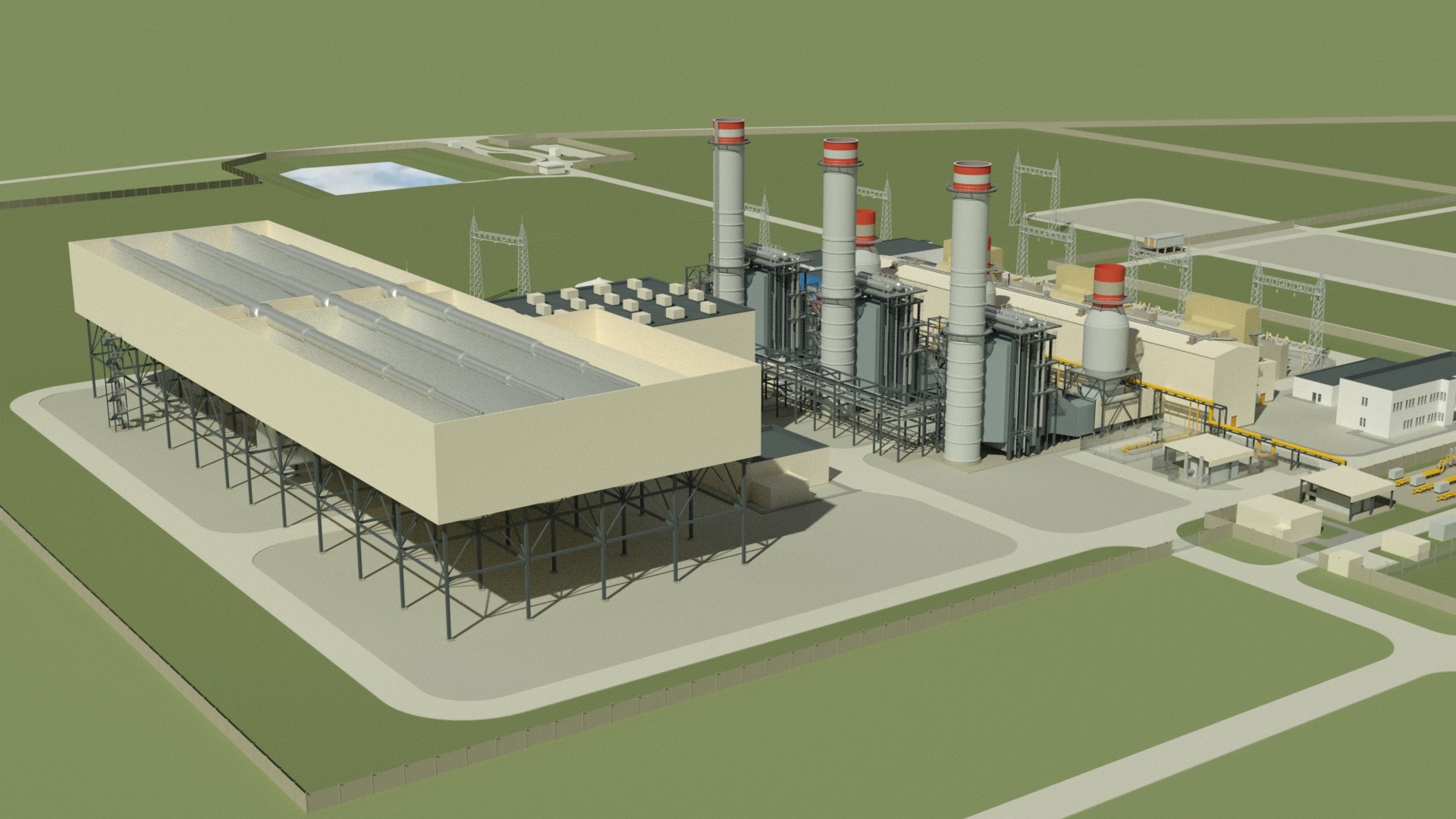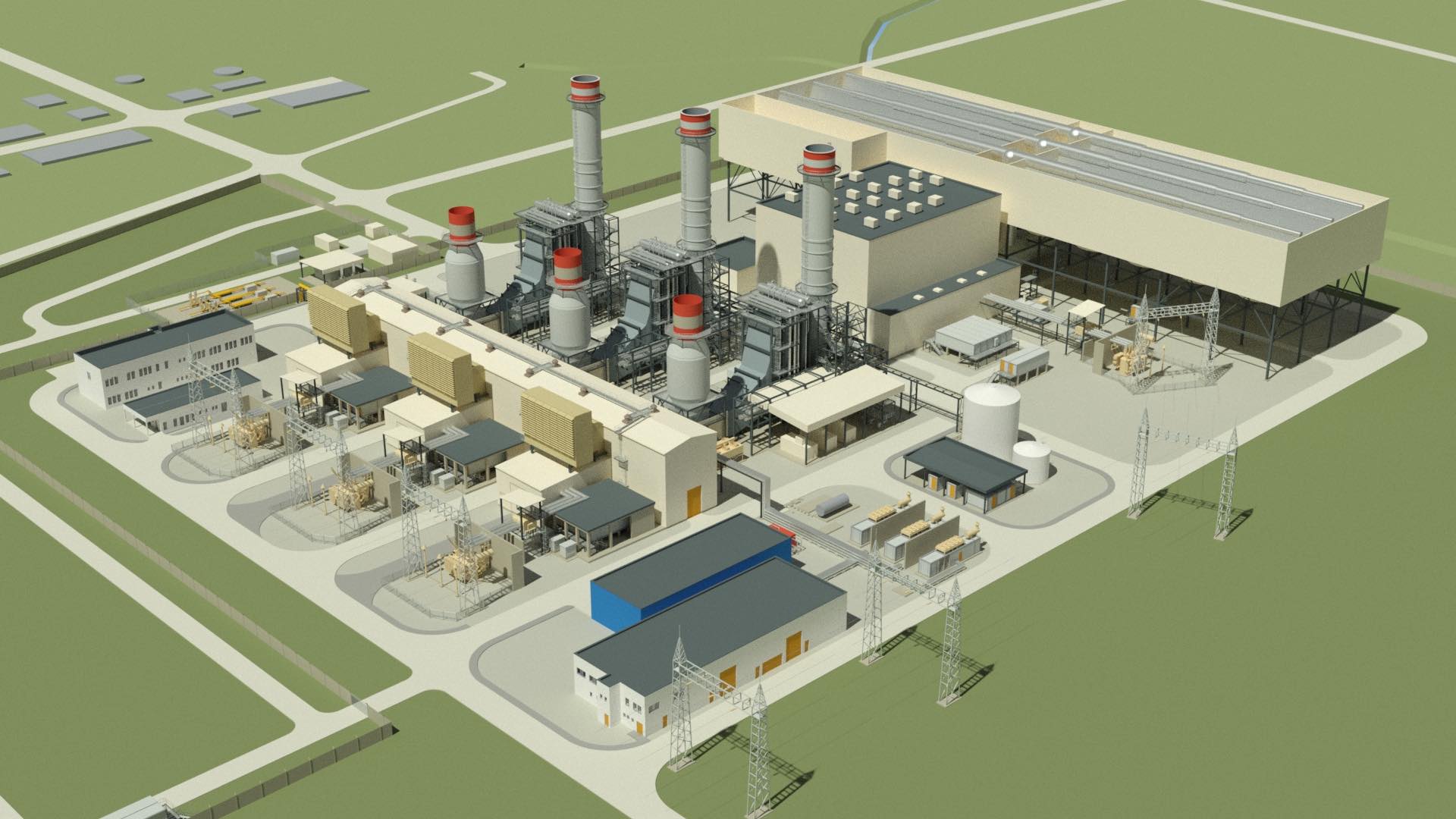
Phase II
By converting our existing open cycle plant to combined cycle we will add an additional 275MW to the plant's capacity (taking the total capacity from 461MW to 736MW). This will reduce the carbon intensity of each kilowatt hour produced and will be a key milestone in Nigeria's journey to net zero emissions.
The first phase of the Azura-Edo IPP was commissioned in May 2018 and consists of an open cycle gas turbine (“OCGT”) power plant with a capacity of 461MW.
Azura Power is now developing the second phase of the power plant which involves the conversion of the existing OCGT facility into a combined cycle gas turbine (“CCGT”) plant via the installation of a new High Pressure/Low Pressure (“HP/LP”) Condensing Steam Turbine (“CST”) and the upgrading of the existing gas turbines.
As described below, this conversion and expansion will not only add an additional 275MW of power generation capacity, it will also significantly increase the power plant’s efficiency, reducing the carbon intensity of each kilowatt hour produced.
The turbine upgrades will add 36MW of additional capacity.
The first work-stream in Phase II will involve modification and upgrade works to each of the three gas turbines to achieve thermodynamical improvements of gross power output of not less than 12MW per unit and gas turbine efficiency of +0.9% per unit.
The CCGT conversion will add a further 239MW of clean power generation capacity, without the need for any additional gas combustion.
The second work-stream in Phase II will involve the modification and re-powering of the existing OCGT plant to a CCGT plant through the introduction of an HP/LP CST together with heat recovery system. It will also entail the modification and expansion of the 330 kV substation to enable power evacuation of the steam turbine generator set, together with associated tie-in works.
The additional power generated from this CCGT conversion will be driven entirely from the waste heat generated by the gas turbines and will not require a single additional molecule of gas to be combusted. This will drive down the carbon intensity of each molecule of gas that we produce and will play a significant role in helping Nigeria to reach its mid-century goal of net zero carbon emissions.

